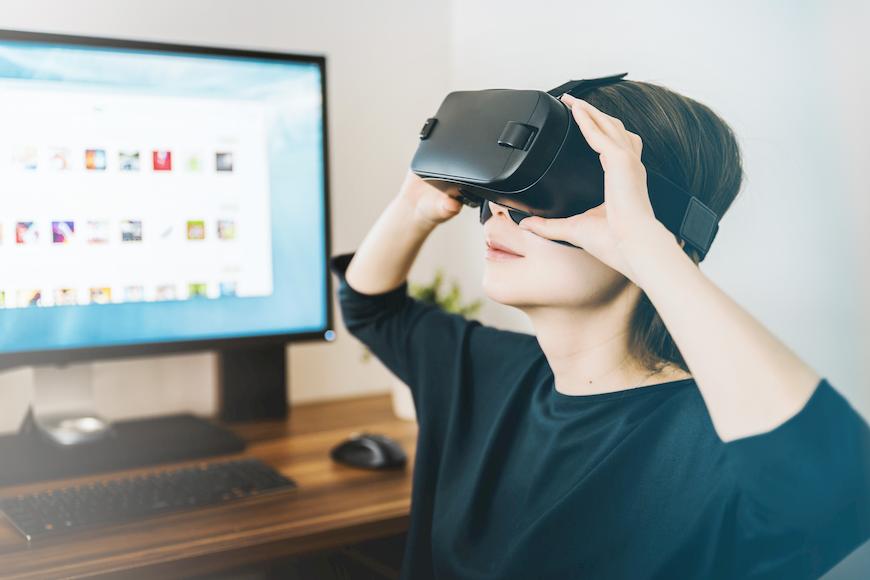
When VR tech broke into real estate, the business was forever changed.
This cutting-edge technology has taken the real estate market to an entirely new level. By opening up the possibility for virtual touring, this technology has changed the way that real estate professionals approach the buying and selling process.
Some of the biggest names in the virtual touring industry, such as Matterport, have made massive headway in integrating digital tours into real estate’s toolbelt. Thanks to these industry advancements; agents can market their listed properties in a contemporary and trendy way.
Benefits of Virtual Touring
Virtual tours offer agents the opportunity to reap these 3 key benefits:
- Digital tours can appeal to a wider range of potential buyers, helping their sellers’ listings reach a broader audience. Remote buyers don’t need to travel to ‘see’ the property - they can do it from the convenience of their computer screens.
- Virtual tours are a great way to generate gorgeous imagery for websites and social media platforms. It’s a strong content-creation strategy for establishing a winning online presence.
- Creating virtual tours for your clients is a notable way that agents can stand out against competitive agents. Sellers are looking for tech-savvy agents who employ out-of-the-box strategies to get their listings exposed.
These are only 3 of the many benefits that virtual touring has to offer. But, that’s not to say that it’s all smooth sailing. Alongside these benefits, the virtual tour industry is facing many challenges.
3 Challenges of Virtual Tours
First off, many virtual tour providers charge incredibly high rates for creating digital tours. Virtual tours developed with companies like Matterport are expensive. The investment’s price can reach into the thousands. The specialty equipment costs about $4,000, and hiring a professional photographer can cost $500 or more per listing.
Because of the high price tags, many agents only use digital tours on their ultra-luxe listings. Agents can only afford to produce a digital-tour for their highest-priced properties. This creates a disparity in who can access the benefits of digital tour marketing.
On top of this, creating a virtual tour is hard work. It’s a time-consuming process that requires trained photographers to capture the property features using a big and heavy specialty camera. It can take hours just to gather the data, and even more time to transfer it into a gorgeous virtual tour.
These issues are creating big challenges that prevent the widespread adoption of virtual tours within the real estate industry. But, thanks to user-friendly companies like Asteroom, there is hope, after all.
Finding Solutions: 3 Ways Asteroom Turns Problems into Strategies
Asteroom is turning these 3 common problems into solutions.
- Compared to Matterport, Asteroom is incredibly cost-effective.
- Asteroom is a 2.5D solution, meaning that our tours require less depth-data than 3D solutions such as Matterport - without sacrificing any quality. Because of this difference, Asteroom tours can be created using a common smartphone. This takes away the need to invest in equipment that costs thousands of dollars.
- Asteroom is simple to use. It’s a DIY solution that creates high-quality virtual tours without all of the hassle, stress, and time. There’s no training required to work with Asteroom. Agents can create the tours themselves or they can hire real estate photographers without commissioning a massive job.
These solutions mean that Asteroom tours can be created for all real estate listings - not just the ultra-luxury properties. Asteroom is transforming these common challenges into strategies. If you’re interested in learning more about how Asteroom is making virtual tours more accessible, affordable, and easy-to-use; visit our website.









